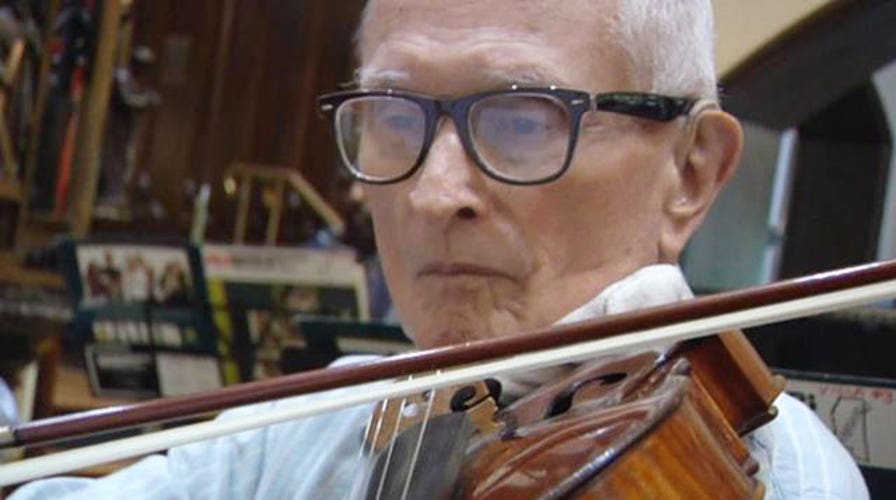Increasing brain power one note at a time
Playing an instrument at a young age could make your brain healthier later in life
If you are a current or former musician, your brain might be in luck.
A new study published in the Journal of Neuroscience shows playing an instrument at a young age might make you healthier later in life.
“What we see in an older adult who has made music is a biologically younger brain,” said Dr. Nina Kraus, professor of neurobiology at Northwestern University. “The fact that your cognitive sensory reward system is so engaged in the process of playing music seems to strengthen those circuits that are worked for music…and those functions that are important for language.”
The Metropolitan Chamber Orchestra in Jackson, Mississippi is composed of many musical brains potentially benefiting from playing an instrument. The majority of the orchestra members are non-professional musicians and volunteer their own time. They practice once a week and perform free concerts for their community about three times a year.
“I actually work full-time during the day as a lawyer and judicial law clerk,” said violist Kate Morgan.
Wayne Linehan, the director and conductor of the chamber orchestra, said there is no age limit to join.
"Our youngest is still in high school, and our oldest I think is Bob McNally...He's in his 80s,” Linehan said.
Concertmaster Bob McNally believes that classical music plays an important role in our society.
“We need this in the community. It brings us all together into the arts,” McNally said.
Professionals in the orchestra coach and mentor students, passing down skills and musical technique from one generation to the next.
"It's a wonderful experience to be able to produce, create, and then help other students learn the music – to give back to the community,” said bassist Richard Jess Brown Jr.
As the orchestra plays in front of a packed house in the St. Andrews Episcopal Church in downtown Jackson, some audience members appreciate the opportunity to be a part of the event. Darcie Bishop performed on the trumpet as a soloist during the concert and is a member of the Mississippi Symphony Orchestra.
“I think that the audience comes to us looking for a refuge...allowing them to transcend…to help them deal with whatever is going on in their life," Bishop said.
For more information on the Journal of Neuroscience study, visit http://www.soc.northwestern.edu/brainvolts/.

